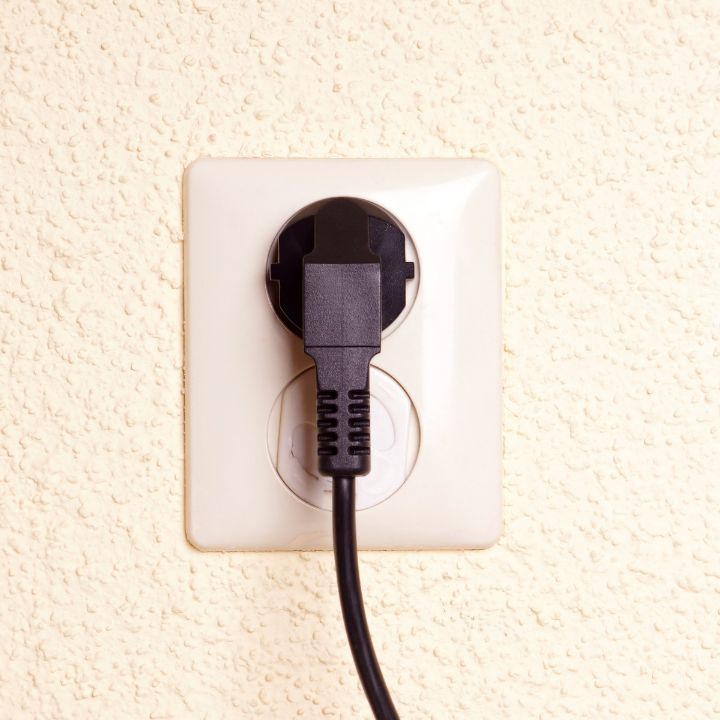
123rf
Have you ever wondered how your grandparents managed to stretch every dollar, repair anything broken, and still save enough for a rainy day? Growing up in the wake of World War II and during the transformative 60s, Boomers learned how to make the most of what they had. Today, as we navigate through our own financial challenges, there’s a lot we can learn from their thriftiness. From the joys of a well-tended vegetable garden to the art of a perfectly timed thrift store find, let’s explore 12 standout lessons on frugality that Boomers can pass down to younger generations.
1. Value Quality Over Quantity

123rf
Baby Boomers often emphasize the importance of buying quality items that last rather than cheap products that need frequent replacing. This approach not only saves money in the long run but also reduces waste. Investing in a well-made pair of shoes, for instance, might cost more upfront but can avoid the need for frequent replacements.
2. Embrace Home Cooking

123rf
Eating out was a rarity rather than a routine for many Baby Boomers. They know that cooking at home saves a substantial amount of money compared to dining at restaurants. Home-cooked meals are not only cheaper but healthier, allowing for better control over ingredients and portion sizes, which is also a savvy way to stretch your food budget further.
3. Avoid Debt Whenever Possible

123rf
Baby Boomers generally view debt with skepticism. Except for significant investments like a home, they prefer to live within their means. This aversion to debt discourages frivolous spending on credit and encourages saving up for big purchases. Living debt-free means less stress and more financial freedom.
4. Make Do and Mend

123rf
The ‘make do and mend’ mindset of Baby Boomers is a stark contrast to today’s disposable culture. Repairing clothing, fixing appliances, and upcycling furniture not only saves money but also teaches valuable skills. This attitude helps cultivate a resourceful mindset and an appreciation for what one already possesses.
5. Use It Up, Wear It Out

123rf
Baby Boomers are masters of using items until they truly can’t be used anymore. From squeezing the last bit of toothpaste out of the tube to repurposing leftovers into new meals, they waste very little. This practice is not only frugal but also environmentally sustainable.
6. Grow Your Own Food

123rf
Many Boomers have a knack for gardening, a skill that provides fresh produce right from the backyard. Growing your own fruits and vegetables can significantly reduce the grocery bill. It’s also a rewarding hobby that ensures you know exactly where your food comes from.
7. Shop Secondhand

123rf
Baby Boomers aren’t strangers to thrift stores and garage sales, where one can find everything from clothing to furniture at a fraction of the retail price. Shopping secondhand is not only economical but can also be a fun treasure hunt, making it an enjoyable way to save.
8. Plan for the Long Term

123rf
Long-term planning is a cornerstone of the Boomer approach to finances. Whether it’s retirement planning, investing in real estate, or buying life insurance, Boomers think ahead. Early and strategic planning can pave the way for financial stability and comfort later in life.
9. Appreciate Free Entertainment

123rf
Baby Boomers often enjoy simple pleasures and free local entertainment, such as community concerts, library events, or parks. They know that fun doesn’t have to come with a hefty price tag. In today’s world, where entertainment expenses can quickly add up, there’s wisdom in rediscovering these cost-free joys.
10. Be Energy Conscious

123rf
Energy efficiency is another area where Boomers excel. From turning off lights when leaving a room to investing in energy-efficient appliances, they know that being mindful of energy use reduces utility bills.
11. Collect and Use Coupons Wisely

123rf
While this list focuses on saving without coupons, it’s worth noting that Boomers are adept at using coupons strategically for additional savings. They collect coupons for only those items they were already planning to buy, avoiding the trap of buying unnecessary items just because they’re on sale.
12. Pass Down and Share

123rf
Baby Boomers often pass down clothing, toys, books, and tools to the next generation or share them within their community. This practice not only saves money but strengthens community ties and supports a cycle of giving and receiving.
The Art of Frugality

123rf
By adopting some of these tried-and-true frugality lessons from the Baby Boomer generation, people of all ages can learn to manage their finances more effectively, reduce waste, and lead a more prosperous life without spending more. In embracing these habits, we can all find ways to be financially savvy and environmentally conscious, ensuring a legacy of sustainability and thrift.
Read More
12 Crucial Money Lessons Baby Boomers Passed Down to Their Millennial Kids
9 Reasons Baby Boomers Are Healthier Than Other Generations
